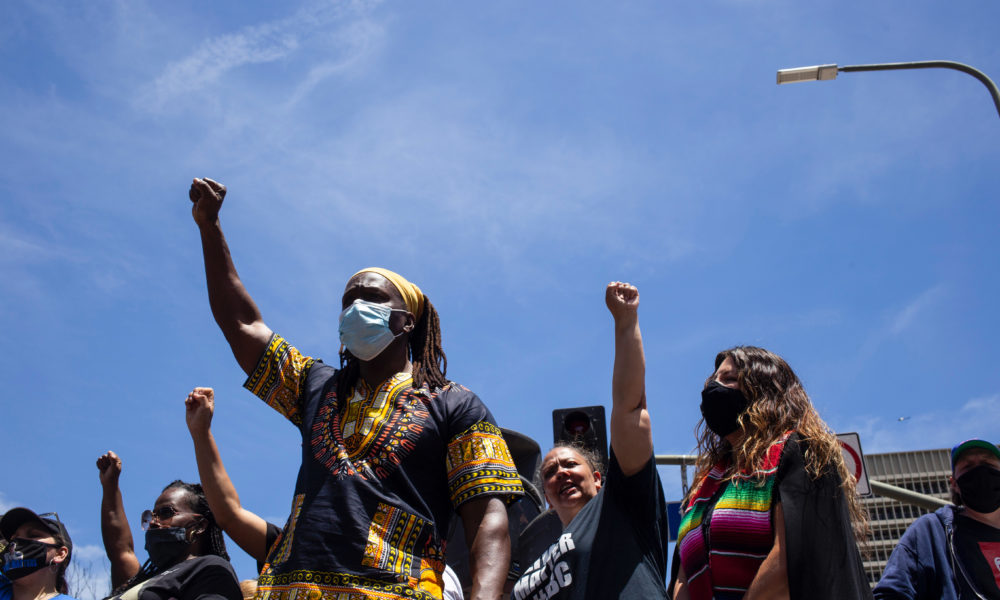Union General Gordon Granger rode into Galveston, Texas on June 19, 1865 with his men and enforced the Emancipation Proclamation, freeing the state’s 250,000 enslaved Africans and signaling an end to the Civil War, as explained by the Long Beach State Black faculty and staff community.
Keith Claybrook, professor of Africana Studies, said Juneteenth is not the “Black July 4th” but rather a day to celebrate freedom.
“July 4th was not and is not a day for celebrating the freedom of Black people, because July 4th is the celebration of American, or white, people in British colonial America declaring their independence,” Claybrook said. “Juneteenth is a celebration of the end of legalized chattel slavery in the United States. It is a celebration of human respect and dignity that African people and their descendants deserve combined with hope for better days ahead.”
Historically, Juneteenth has been celebrated with carnivals, food and music. Today, Claybrook said the focus should be on honoring ancestors.
“Juneteenth is a celebration that honors the pain and suffering our ancestors endured during their captivity so that we, their descendants, can live and continue to struggle for human respect and dignity and an increased quality of life and material conditions,” Claybrook said. “We honor our ancestors by doing our best work in all facets of our lives so that their struggle to survive their enslavement was not in vain.”
View this post on Instagram
Long Beach State’s Black Student Union shared with followers how to celebrate Juneteenth in Long Beach.
According to the National Juneteenth Register, due to economic strife in the 19th century and a nationwide push towards erasing the holiday from textbooks and classroom discussions, large celebrations of the day became fewer and far inbetween.
However, during the civil rights movement, Juneteeth began to regain its popularity.
Student activists from Atlanta were often seen wearing Juneteenth celebration buttons and, in 1968, the Poor Peoples’ March in Washington, D.C. served as one of the nation’s largest celebrations since the inception of the holiday.
Associated Students Inc. shares a message of solidarity and celebration with the black student, faculty and staff community.
Today, only 47 states recognize Juneteenth in some way, according to data from the Congressional Research Service. Of those, only Texas, Virginia, New York and Pennsylvania recognize it as a paid holiday for state employees.
Others have adopted it as a day of observance rather than a state holiday.
Hawaii and North Dakota are the only states that do not have any form of recognition.
Since 2015, both the Senate and House of Representatives have passed a total of four resolutions calling for the recognition of June 19 as Juneteenth Independence Day, but it has yet to be recognized as a national holiday.
Claybrook said that at the end of the day, the way Juneteenth is celebrated isn’t what’s necessarily important; it’s the fact that it’s still being celebrated that matters.
“More important than acknowledging how the celebration has changed over the years is recognizing that after 154 years, Black people in the United States have continued to celebrate their freedom from legalized chattel slavery,” Claybrook said. “It is a multi-generational recognition of the significance of freedom, respect and dignity.”




